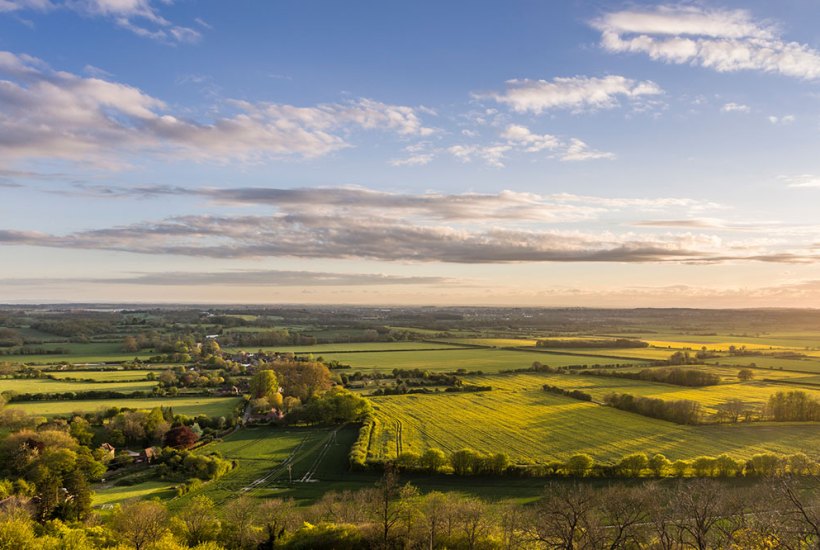School’s out
Aslef members walked out on strike again this week, 18 months after this round of rail strikes began. But the unions still have a long way to catch up with Britain’s longest-ever strike, which lasted 25 years in the unlikely setting of the village of Burston, Norfolk. It began on 1 April 1914 when husband and wife teachers Kitty and Tom Higdon were dismissed from the village school over a fire Kitty had lit to dry out the clothes of children who had walked three miles in the rain.
Already a subscriber? Log in
Subscribe for just $2 a week
Try a month of The Spectator Australia absolutely free and without commitment. Not only that but – if you choose to continue – you’ll pay just $2 a week for your first year.
- Unlimited access to spectator.com.au and app
- The weekly edition on the Spectator Australia app
- Spectator podcasts and newsletters
- Full access to spectator.co.uk
Unlock this article
You might disagree with half of it, but you’ll enjoy reading all of it. Try your first month for free, then just $2 a week for the remainder of your first year.








Comments
Don't miss out
Join the conversation with other Spectator Australia readers. Subscribe to leave a comment.
SUBSCRIBEAlready a subscriber? Log in